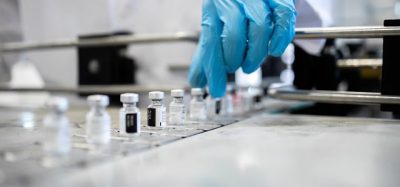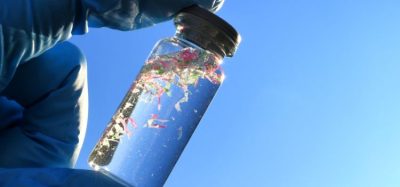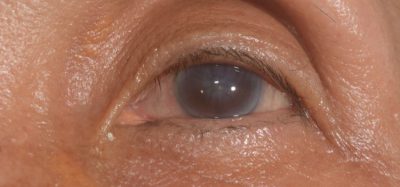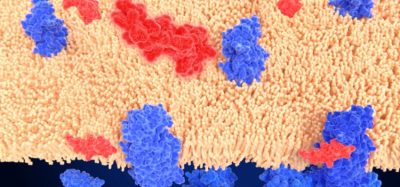Marketing of Zynteglo suspended as precaution due to potential cancer risk
Posted: 19 February 2021 | Hannah Balfour (European Pharmaceutical Review) | No comments yet
bluebird bio has chosen to suspend sales of Zynteglo while they investigate whether safety concerns identified with a related investigational gene therapy may apply to the licenced medicine.
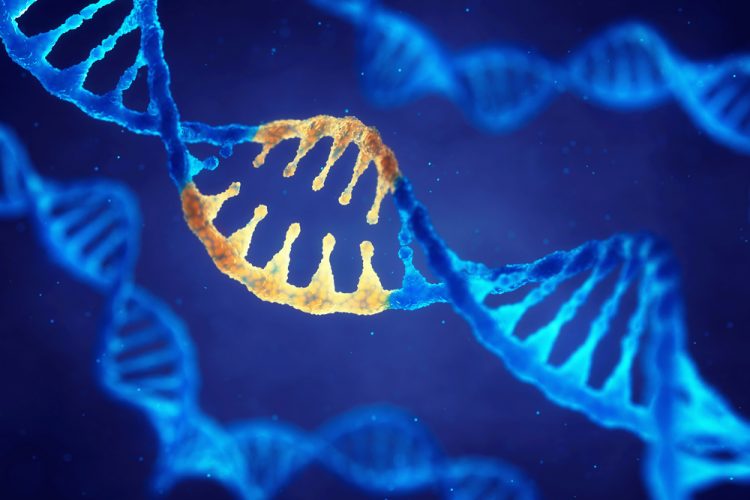

The European Medicines Agency (EMA) has been notified that bluebird bio has suspended sales of its gene therapy for beta thalassaemia, called Zynteglo, while a safety concern is investigated.
According to EMA, a related medication being developed by the company, which uses the same technology as Zynteglo, may have been associated with a case of cancer. Though no cases of cancer have been reported with Zynteglo, the company suspended marketing until the possibility that the same risk might apply to the licensed medicine has been investigated.
The related medication, bb1111, is being developed as a treatment for sickle cell disease, another blood disorder, and uses the same viral vector as Zynteglo (based on a lentivirus) to insert a working gene into the patient’s blood cells. One patient treated with bb1111 developed acute myeloid leukaemia, that might have been related to treatment, and a different blood disorder, myelodysplastic syndrome, was reported in another patient.
Insertional oncogenesis (cancer caused by gene insertion) had been identified as a potential risk with Zynteglo, so patients who receive the medicine are followed up and monitored in a registry.
EMA said it is liaising closely with the company and experts within the regulatory network – and will now examine the evidence at EU level and decide on any relevant regulatory action for Zynteglo or any similar medicines under evaluation. No other authorised medicines use the same viral vector so no direct implications are foreseen for other licensed medicines.
Zynteglo was given conditional marketing authorisation for the treatment of a rare blood condition, called beta thalassaemia, in May 2019. Patients with this disease cannot make enough beta-globin, a component of haemoglobin, and, as a result, have low red blood cell levels and need frequent blood transfusions. Zynteglo is made by taking stem cells from the patient’s blood and using a modified virus to insert working copies of the beta-globin gene into the cells. When these altered cells are returned to the patient, they are transported to the bone marrow where they start to make healthy red blood cells that produce beta-globin. The effects of this treatment are expected to last for the patient’s lifetime.
Currently Zynteglo is only marketed in Germany and because of limited availability and the rarity of the condition it is intended to treat, only a very small number of patients have received or would have been eligible to receive treatment.
EMA will communicate further once additional information becomes available.
Related topics
Drug Safety, Gene therapy, Research & Development (R&D), Therapeutics



